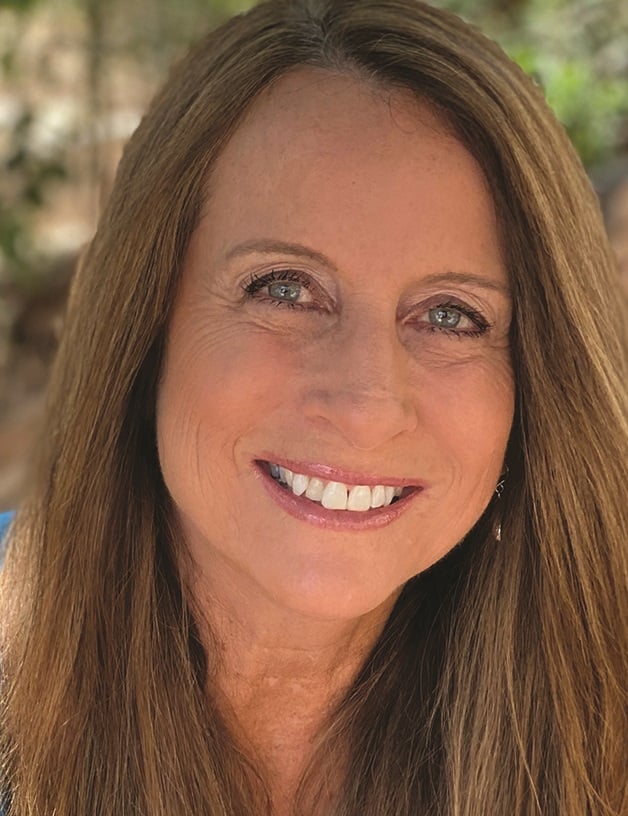Truths, Tales and Takeaways from the World Economic Forum

The conversations in Davos, Switzerland amid the 2024 World Economic Forum (WEF) were attempts to untangle many of the same topics of focus covered at last year’s event.
Net-zero emissions goals, sustainability practices and policies, artificial intelligence (AI) integration and safety, climate change, and achieving supply chain and economic resiliency were revisited during the sessions involving global government dignitaries and economic changemakers.
Thought leadership in attendance remained committed to moving the needle of progress.
Jockeying for Position
As the U.S. and other nations realigned their business relationships with China, Chinese premier Li Qiang used the WEF as a platform to extol his country’s gross domestic product (GDP) growth — 5.2 percent for 2023, surpassing expectations of about 5 percent, though below pre-COVID-19 levels.
Ian Bremmer, president and founder of Eurasia Group and a keynote speaker at the ISM World 2024 Annual Conference in Las Vegas on April 29-May 1, told CNBC that Qiang may have been seeking new foreign investment dollars, but strategies have changed. Even if growth measured 3 percent to 4 percent, Bremmer told CNBC, many private companies may find China of interest as the country experiences population declines and a competitive semiconductor marketplace.
The overarching WEF global plea was and remains expansive. The European Union (EU) continued its plea for greater world commitment toward carbon net-zero. Middle East nations announced new clean commercial infrastructure integrating green hydrogen, eco-efficient biomass and more. However, the success of these initiatives and others is limited by the availability of resources needed to continue development, production and execution.
The consensus by many was the importance of securing critical minerals, addressing climate change and supporting greater technological innovation — though it could prove to be a fight against time to meet the deadlines.
Among other discussions:
Everything AI. Compared to the prior year, conversations about AI reached the realm of acceptance; talk of its integration was void of fear-based analogies. As companies shared updated operational practices and strategies involving AI’s coexistence, one of artificial general intelligence (AGI) technology’s initial launch critics, OpenAI’s CEO Sam Altman, stated that AI’s impact on the world may be less than anticipated, adding that although it can supplement human work, it will not necessarily replace it.
Unspoken wars. Ukraine president Volodymyr Zelenskyy took the opportunity to appeal to thought leadership at Davos, to reengage defense-centric and humanitarian funding for the country’s war efforts.
Beyond the impacts to the NATO partner’s population and economic livelihood, Zelenskyy voiced concerns of an ongoing Russian invasion. The Ukrainian dignitary took aim at Western nations specifically, over their lack of response to Putin’s takeover of a nuclear power plant with no global sanctions imposed. He reminded attendees that with additional military reinforcements, the risk remains of a Putin-led invasion of neighboring countries.
Despite the ongoing battles in his homeland, Zelenskyy met with investors in pursuit of new Ukraine partnerships. With U.S. presidential elections occurring at the end of 2024 and a potential shift in the federal government’s administration and foreign policies, Zelenskyy stressed that America must act sooner than later.
Hossein Amirabdollahian, Iran’s foreign minister, spoke on the plight of Gazans, and stated that if Israel stops its attacks, the war in Gaza will end.
Sustainability. During The New York Times-hosted session, “Who Stole My Feedstock,” supply chain and risk management solutions provider Exiger CEO Brandon Daniels and others discussed current renewable energy demand and resource supply limits. Solutions mentioned included the equitable allocation of resources across many industries.
More News and Notes
One of the more controversial speeches heard at the WEF was given by Argentina president Javier Milei. He detailed the effects of collectivism on society compared to capitalism, and why social justice does not correlate to well-being. “Collectivist experiments are never the solution to the problems that afflict the citizens of the world,” he said. “Rather, they are the root cause. Free enterprise capitalism is not just the only possible system to end world poverty, but also that it's the only morally desirable system to achieve this.”
He referenced global per-capita GDP at near stagnation levels before the 19th century, versus the wealth and accelerated growth experienced with the onset of capitalism.
Opposing sentiments were echoed by anti-poverty group Oxfam, calling out the world's five wealthiest men whose fortunes have doubled since 2020 — to US$869 billion — while five billion people grew poorer. By reducing corporate power, Oxfam said monopolies could not survive, while imposing taxes on excess profits and redistributing wealth through employee ownership programs could lead to social equality.
Global business strategic advisory and communications firm Teneo shared report findings, forecasting 2024 as a year for M&As. Among survey participants that included 1,200 CEOs and institutional investors representing US$3.4 trillion of company and portfolio value, 68 percent expect a highly active M&A market this year, despite higher capital costs cited as a barrier to M&A activity..
Nearing the conclusion of this year’s World Economic Forum, Saudi Arabia announced it is hosting a supplementary WEF event in April, to be held in Riyadh. The kingdom’s economy minister Faisal Alibrahim stated that the meeting will emphasize global collaboration, growth and energy.


